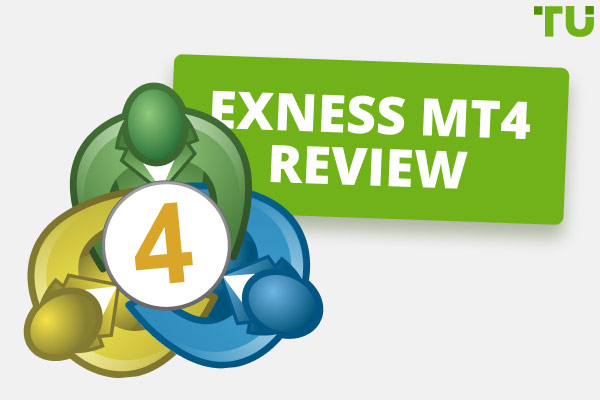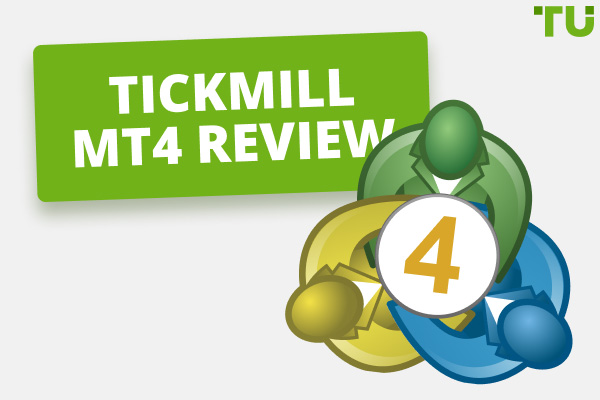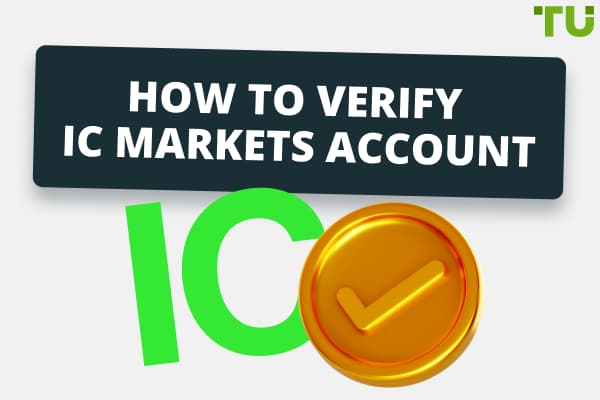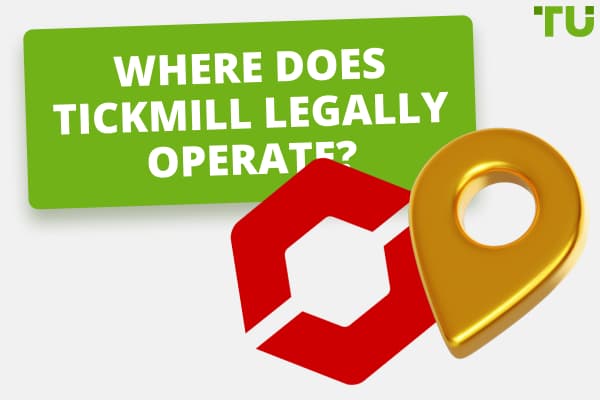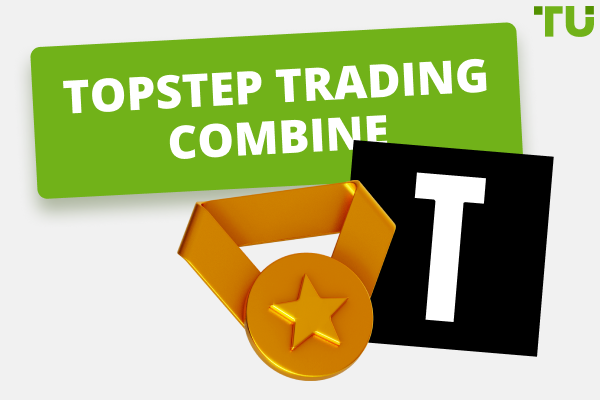
IC Markets Leverage
Account leverage is one of the many important factors to consider when trading forex currency pairs or CFDs. Leverage is so critical because it determines how much you’ll earn (or lose) with each trade.
It does this by allowing you to gain exposure to larger trading positions with a smaller amount of capital. The higher the leverage, the more money you can earn from trading. But the lower the leverage, you more money you can lose if a trade doesn’t go your way.
Wondering what forex brokers offer the highest leverage? If you’ve been researching top forex brokers, then you may have come across IC Markets. How much leverage does IC Markets offer its clients? Is leverage different from country to country? Or is it all the same?
Let’s find out.
IC Markets US Leverage
| Standard Account | Raw Spread Account | |
|---|---|---|
Major Currency Pairs |
1:30 |
1:30 |
Minor Currency Pairs |
1:1 to 1:500 |
1:1 to 1:500 |
Crosses |
1:20 |
1:20 |
As you can see in the table above, IC Markets leverage can go pretty high, but this isn’t the case for every country. For example, in Australia, there are regulations that limit leverage to a certain amount. The Australian Securities and Investments Commission (ASIC) limits retail trading leverage at 30:1 for major currency pairs and 20:1 for exotic and minor currency pairs.
This was done because Australian financial authorities believed that leverage—which was once at 1:500—was too high, exposing traders to unsuitably high risks. Therefore, they reduced leverage to reduce the risk associated with trading, making it harder to gain large profits and losses.
EU brokers must also cap leverage at 1:30 for major currency pairs and 1:20 for minor currency pairs.
IC Markets UK Leverage
The available leverage for UK retail traders is 30:1, under The European Securities and Markets Authority (ESMA) regulation. However, you can get maximum leverage of 1:500 if you’re a professional trader.
With a 30:1 leverage, you can open a position that’s 30 times the size of your margin. In other words, you can open a position worth up to 30 times more than the deposit required to open the trade. Any profit or losses you have will also have the same multiplication of 30.
| Standard Account | Raw Spread Account | |
|---|---|---|
Major Currency Pairs |
30:1 |
30:1 |
Minor Currency Pairs |
30:1 |
30:1 |
Crosses |
N/A |
N/A |
IC Markets Leverage International
IC Markets is a well-known global forex and CFD broker. So, it’s no wonder that its platform is widely used across the world. People from all around the globe can trade on IC Markets. But where you live may determine how much leverage you get with your account. Some jurisdictions have regulatory bodies in place that limit how much leverage you can use on your account in order to help you minimize risk.
For example, like the UK, Germany, Denmark, and France limit forex leverage to 30:1. In Singapore, traders can leverage their trades up to 1:50, while traders in Hong Kong can leverage up to 20:1. On the other hand, South African traders can use leverage up to 1:2000.
In the UAE, brokers offer high leverage of up to 1:500. However, there’s no government-instituted cap on leverage in Saudi Arabia, with some brokers offering up to 1,000:1. The Central Bank of Kuwait (CBK) doesn’t impose leverage limits. However, 1:100 is the typical leverage brokers provide their clients in Kuwait.
Tips for Using Leverage Wisely
Leverage can be an incredibly powerful tool for traders when used properly, but it can also spell disaster if you don't know what you're doing. Based on TU experts’ years of experience trading Forex, here are the top tips for wielding leverage wisely:
-
Start small. This can't be stressed enough. If you're just getting into Forex, use very low leverage ratios like 1:10 or 1:20. This gives you exposure to bigger positions without immediately putting your capital at immense risk. Learn the ropes first.
-
Build up slowly over time. As you gain experience and confidence, you can gradually increase your leverage ratios. But don't go crazy right away. It's far better to scale up over the course of months and years than to over-leverage early on and blow up your account.
-
Set stop losses religiously. With the amplified position sizes leverage provides, you absolutely must use stop losses on every single trade. This will limit your downside when the inevitable losing trades come along. The stop loss is your friend!
-
Don't just use leverage to make up for lack of capital. It's tempting to take on huge leverage ratios if your trading account is small, but this is a recipe for disaster. Leverage is a tool, not a band-aid solution!
-
Monitor your exposure. Keep tabs on how much leverage you're using across all your open positions. If it starts getting too high for your comfort level, reduce position sizes or close some trades. Don't get stretched too thin.
By starting small, managing risk, and building up leverage slowly over time, you can harness its potential while minimizing the dangers. Use leverage wisely and it can take your trading profits to the next level! Just don't get greedy.
FAQ
What leverage should I use for forex?
While leverage can make your trades highly profitable, it can also increase your risks. Therefore, if you’re a beginner, it may be best to limit your leverage to no more than 10:1. Or, if you want to be really safe, 1:1 may be the better option. Avoid trading with too high a leverage when you’re just starting out.
How much leverage does IC Markets offer clients?
IC Markets typically offers its clients up to 1:500 leverage. However, that can vary based on where you live. Some regions like the EU and Australia put caps on leverage to reduce trading risk.
What happens when you increase your leverage in forex?
By increasing your leverage, you can increase your returns if you have favorable trades. However, if trades don’t go your way, more leverage will only magnify your losses.
Does leverage affect lot size?
No, leverage doesn’t affect lot size, at least not directly. Leverage increases your purchasing power. It allows you to buy more lots and reduce the amount of margin.
Team that worked on the article
Mikhail Vnuchkov joined Traders Union as an author in 2020. He began his professional career as a journalist-observer at a small online financial publication, where he covered global economic events and discussed their impact on the segment of financial investment, including investor income. With five years of experience in finance, Mikhail joined Traders Union team, where he is in charge of forming the pool of latest news for traders, who trade stocks, cryptocurrencies, Forex instruments and fixed income.
Olga Shendetskaya has been a part of the Traders Union team as an author, editor and proofreader since 2017. Since 2020, Shendetskaya has been the assistant chief editor of the website of Traders Union, an international association of traders. She has over 10 years of experience of working with economic and financial texts. In the period of 2017-2020, Olga has worked as a journalist and editor of laftNews news agency, economic and financial news sections. At the moment, Olga is a part of the team of top industry experts involved in creation of educational articles in finance and investment, overseeing their writing and publication on the Traders Union website.


